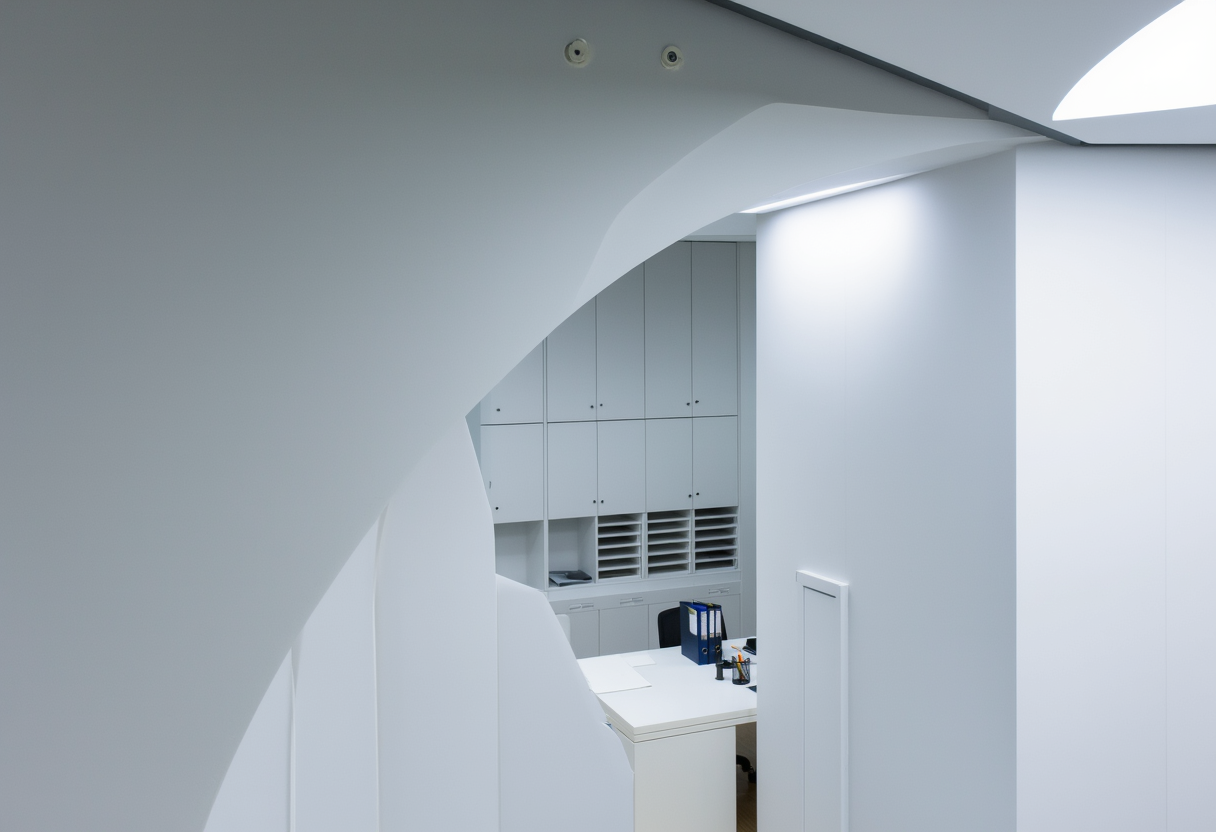The Pros and Cons of Using Hidden Security Cameras: A Comprehensive Guide
Hidden security cameras are often seen as the solution to ensuring safety in various environments, but their use comes with both advantages and disadvantages. This guide explores the implications of hidden security camera usage, from privacy concerns to deterrent effects, helping you make an informed choice.
The Growing Popularity of Hidden Security Cameras
In recent years, hidden security cameras have surged in popularity among homeowners and businesses alike. Their discreet nature allows for effective surveillance without being intrusive. The appeal of these devices lies not only in their ability to monitor activity but also in the peace of mind they provide. However, with this growing trend comes a complex web of ethical considerations and potential legal implications surrounding the use of such surveillance technology. Understanding the reasons behind the increasing demand for hidden security cameras—ranging from a rise in crime rates to advances in technology—is essential for any potential buyer.
Understanding the Legal Aspects of Hidden Security Cameras
While hidden security cameras can be a valuable asset in protecting your property, it's crucial to navigate their legal landscape. Laws surrounding the use of hidden cameras vary significantly from one region to another, particularly regarding privacy rights. In general, it's permissible to install hidden security cameras on your property; however, recording audio or placing cameras in private spaces without consent may lead to serious legal repercussions. Therefore, consulting local laws before installing hidden security cameras is not just a good practice—it is a necessity. Furthermore, informing visitors or employees that surveillance is in place can serve as an additional layer of protection against disputes.
Enhancing Home Security with Hidden Security Cameras
The primary function of hidden security cameras is to bolster home security, acting as both a deterrent to potential burglars and a means to capture evidence in the event of a crime. Homeowners can strategically place these cameras in vulnerable areas, allowing for continuous monitoring. Moreover, many modern hidden security cameras come equipped with features like night vision, motion detection, and mobile notifications, giving homeowners real-time alerts and control. This technological integration is particularly beneficial for those frequently away from home, enabling remote monitoring through smartphones. Overall, the proactive approach of leveraging hidden security cameras can significantly reduce the risk of break-ins and enhance a home’s security.
Potential Ethical Implications of Hidden Security Cameras
Despite the advantages, the use of hidden security cameras raises valid ethical questions. The secretive nature of these devices can lead to feelings of distrust and discomfort among individuals who are unaware they are being recorded. This is especially significant in settings like workplaces or shared environments, where monitoring may infringe upon personal privacy. Companies considering hidden security cameras must weigh the benefits of surveillance against the potential breakdown of employee trust. Striking a balance between security and ethics is crucial for fostering a positive environment while still protecting assets.
The Role of Hidden Security Cameras in Business
For businesses, hidden security cameras can be instrumental in monitoring employee performance and preventing theft. By implementing these surveillance systems, companies can deter dishonest behaviors and ensure a safer working environment. Proper placement of hidden security cameras can also facilitate the identification of weaknesses in safety protocols, allowing for necessary adjustments to be made. However, businesses must be transparent about their surveillance practices to avoid legal and ethical complications. Communication with employees regarding the purpose and scope of surveillance can mitigate feelings of mistrust and foster a more cooperative atmosphere.
Conclusion: Weighing Your Options
The decision to install hidden security cameras ultimately depends on individual circumstances and objectives. While these devices offer a layer of security that can be invaluable, understanding the associated legal and ethical considerations is equally important. Every potential user must weigh the pros and cons carefully, considering their unique needs and ensuring compliance with applicable laws. As technology continues to evolve, hidden security cameras are likely to become more sophisticated and widespread, making informed choices imperative for both individuals and businesses.
